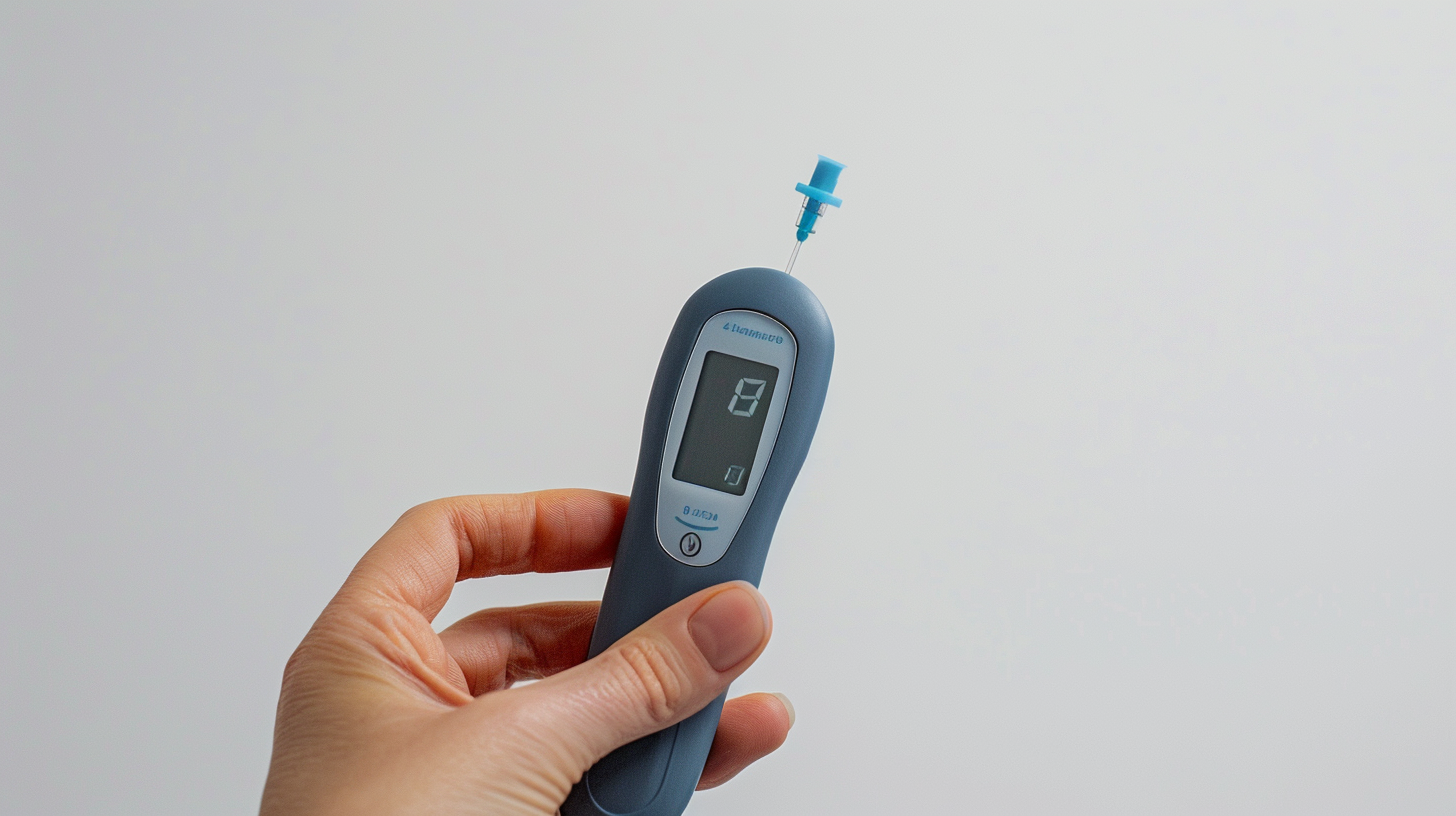
Managing blood sugar levels is crucial for maintaining overall health, especially for those with diabetes or prediabetes. Achieving normal blood sugar can help prevent complications and improve quality of life. Here are the top seven tips to get your blood sugar levels under control.
1. Eat a Balanced Diet
A balanced diet is the cornerstone of good blood sugar management. Focus on consuming a variety of foods that provide essential nutrients and maintain stable blood sugar levels.
Incorporate Complex Carbohydrates
Complex carbohydrates, such as whole grains, legumes, and vegetables, are digested slowly, leading to a gradual rise in blood sugar. Unlike simple sugars found in processed foods, complex carbs help maintain steady blood glucose levels.
Include Healthy Fats and Proteins
Healthy fats and proteins can slow down the absorption of sugar into the bloodstream, preventing spikes in blood glucose levels. Good sources of healthy fats include avocados, nuts, seeds, and olive oil. Lean proteins, such as chicken, fish, tofu, and legumes, are excellent choices.
Watch Portion Sizes
Even healthy foods can cause blood sugar spikes if eaten in large quantities. Practice portion control by using smaller plates, measuring serving sizes, and avoiding second helpings.
2. Monitor Your Blood Sugar Levels
Regularly monitoring your blood sugar levels is essential for managing diabetes and preventing complications. Knowing your blood glucose levels helps you make informed decisions about your diet, physical activity, and medication.
Use a Blood Glucose Meter
A blood glucose meter is a simple device that measures the amount of glucose in your blood. Check your levels as recommended by your healthcare provider, usually before meals and at bedtime.
Keep a Log
Record your blood sugar readings in a logbook or use a digital app to track patterns and identify factors that affect your levels. This information can help you and your healthcare provider adjust your treatment plan as needed.
3. Exercise Regularly
Physical activity is one of the most effective ways to manage blood sugar levels. Exercise helps your body use insulin more efficiently and lowers blood glucose levels.
Aim for Consistency
Aim for at least 150 minutes of moderate aerobic activity or 75 minutes of vigorous activity each week, as recommended by the American Diabetes Association. This can include activities like walking, swimming, cycling, or jogging.
Include Strength Training
Strength training exercises, such as weightlifting, resistance band exercises, or body-weight exercises, can help build muscle mass and improve insulin sensitivity.
Stay Active Throughout the Day
In addition to planned exercise, try to stay active throughout the day by taking breaks to stand, walk, or stretch. Avoid prolonged periods of sitting, which can negatively impact blood sugar levels.
4. Stay Hydrated
Staying hydrated is essential for maintaining normal blood sugar levels. Dehydration can lead to higher blood glucose levels and increase the risk of hyperglycemia.
Drink Plenty of Water
Aim to drink at least eight 8-ounce glasses of water per day. This can vary depending on your age, activity level, and climate. Carry a water bottle with you to encourage regular hydration.
Limit Sugary Drinks
Avoid sugary beverages like soda, energy drinks, and sweetened coffee or tea, as they can cause rapid spikes in blood sugar. Instead, opt for water, herbal tea, or sparkling water with a splash of lemon or lime.
5. Get Enough Sleep
Quality sleep is crucial for maintaining healthy blood sugar levels. Poor sleep can affect insulin sensitivity and lead to higher blood glucose levels.
Establish a Sleep Routine
Create a consistent sleep schedule by going to bed and waking up at the same time each day. Aim for 7-9 hours of sleep per night, as recommended by the National Sleep Foundation.
Create a Relaxing Sleep Environment
Ensure your bedroom is conducive to sleep by keeping it cool, dark, and quiet. Use blackout curtains, a white noise machine, or earplugs if necessary.
Limit Caffeine and Screen Time
Avoid caffeine and electronic devices in the hours leading up to bedtime. The blue light emitted by screens can interfere with the production of melatonin, the hormone that regulates sleep.
6. Manage Stress
Chronic stress can negatively impact blood sugar levels by triggering the release of stress hormones like cortisol, which can raise blood glucose levels.
Practice Relaxation Techniques
Incorporate relaxation techniques into your daily routine to help manage stress. This can include deep breathing exercises, meditation, yoga, or tai chi.
Stay Connected
Maintain strong social connections by spending time with friends and family. Engaging in social activities can help reduce stress and improve overall well-being.
Seek Professional Help
If stress becomes overwhelming, consider seeking help from a mental health professional. Therapy or counseling can provide valuable tools for managing stress and improving emotional health.
7. Take Medications as Prescribed
If you have diabetes or prediabetes, taking medications as prescribed by your healthcare provider is essential for managing blood sugar levels.
Follow Your Treatment Plan
Adhere to your treatment plan by taking medications at the prescribed times and dosages. Do not skip doses or adjust your medication without consulting your healthcare provider.
Monitor for Side Effects
Be aware of potential side effects of your medications and report any concerns to your healthcare provider. They can help adjust your treatment plan if needed.
Stay Informed
Stay informed about new medications and treatment options by discussing them with your healthcare provider. Continuous advancements in diabetes care can offer new ways to manage blood sugar levels effectively.
Conclusion
Achieving and maintaining normal blood sugar levels is crucial for overall health and well-being. By incorporating these seven tips into your daily routine, you can take control of your blood sugar levels and reduce the risk of complications. Remember to work closely with your healthcare provider to develop a personalized plan that meets your needs. With dedication and consistency, you can achieve a healthier and more balanced life.






Leave a Reply